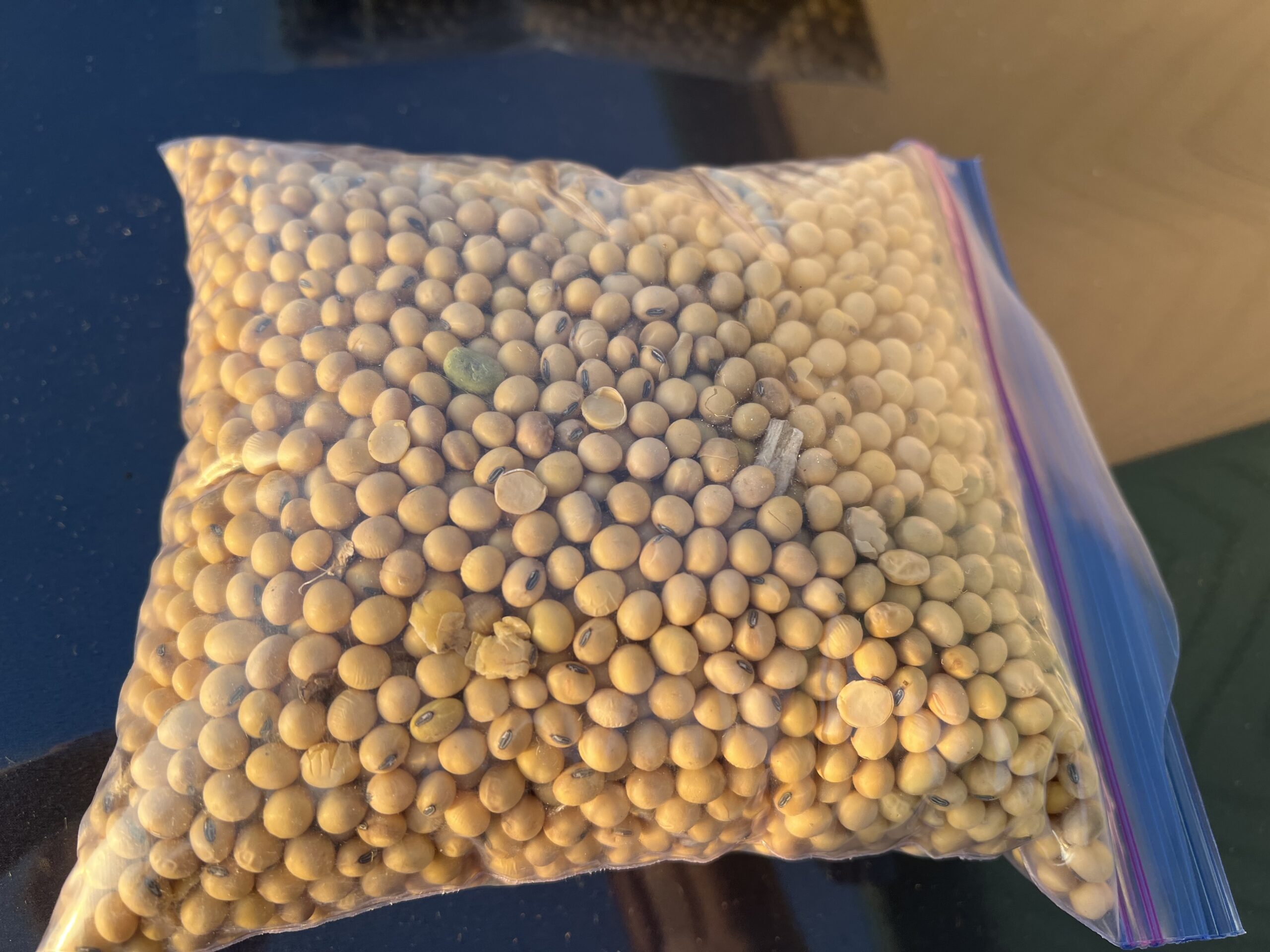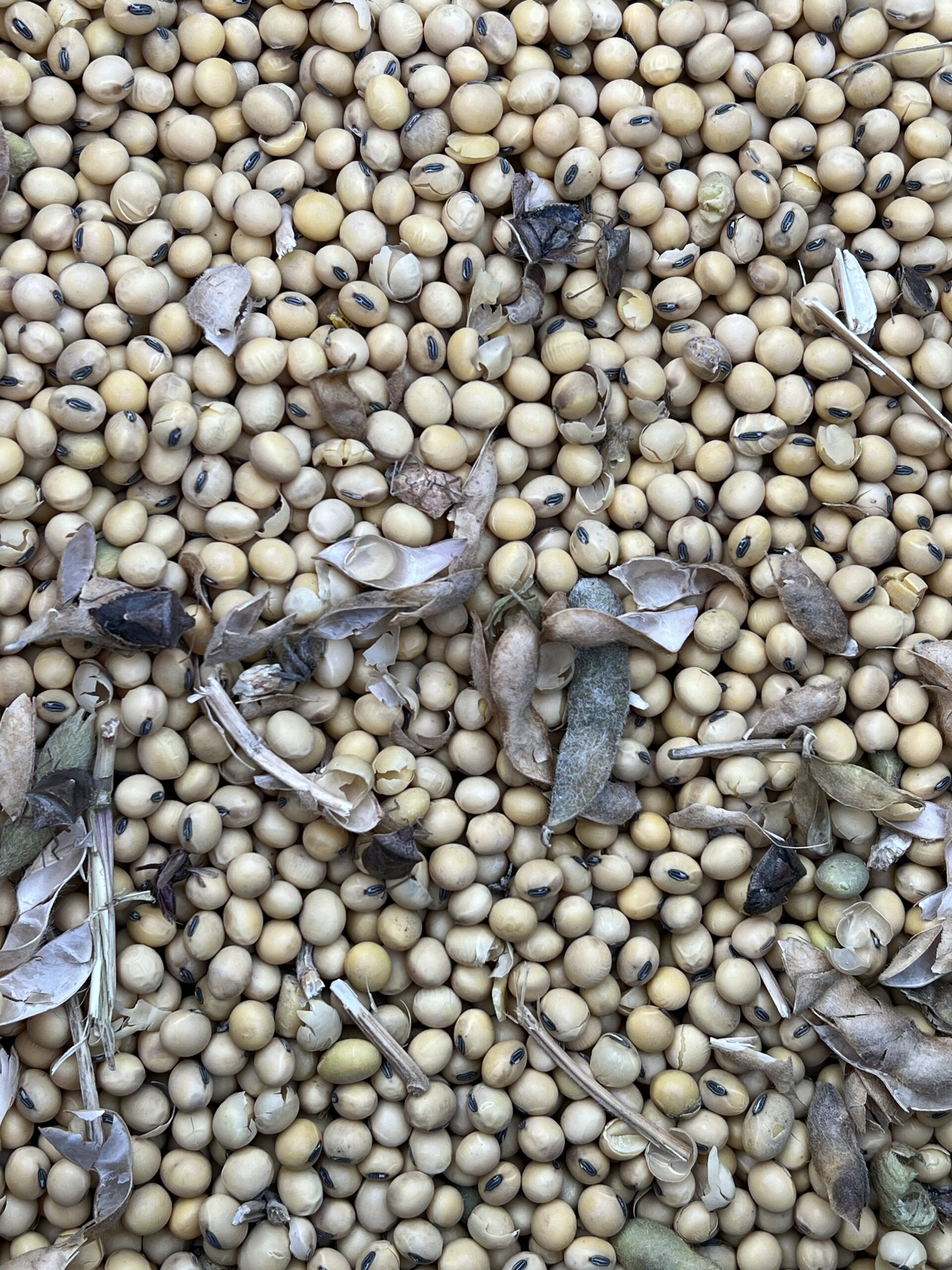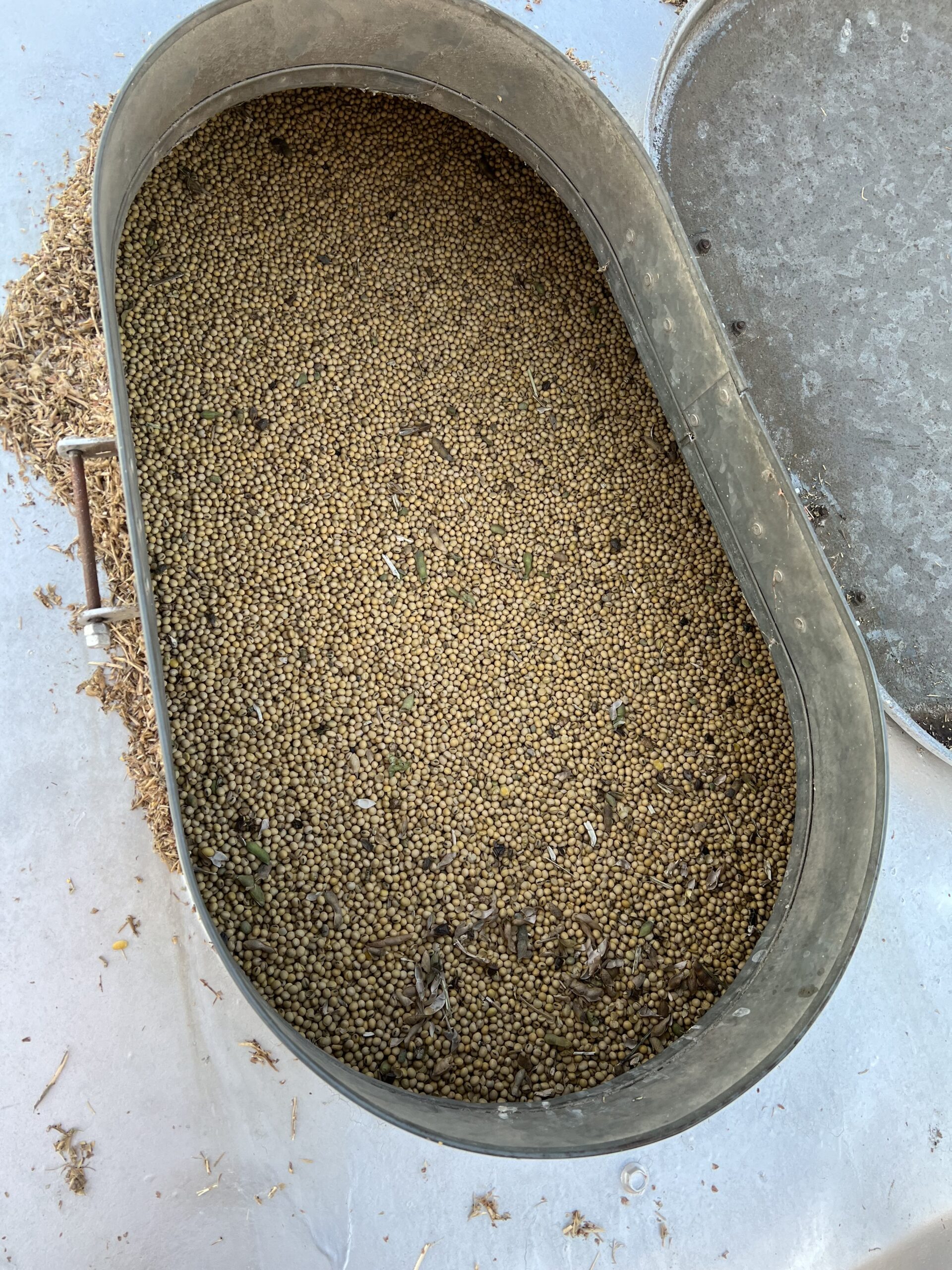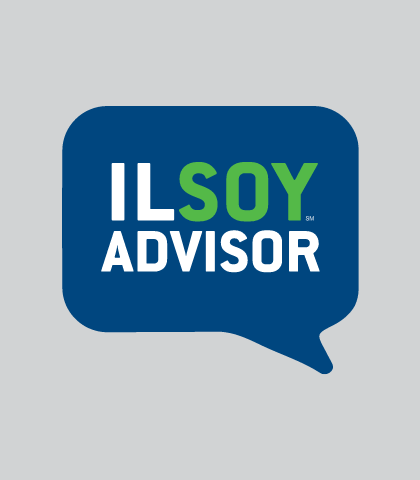Not all soybean pests and diseases are well documented throughout the state, nor are their symptomology, yield impact, alternative hosts, and conducive conditions well understood. Red crown rot, stem canker, dectes stem borer, and soybean gall midge are of particular interest. Because of this, the Illinois Soybean Association (ISA) has funded the third year of the project “Soybean Stem Pests: Survey, Impact and Education” led by Dr. Jason Bond’s team at Southern Illinois University (SIU). This project will inform farmers of the most prevalent pathogens and pests impacting soybean production fields across Illinois. It will also identify potential environmental and geographic factors that affect their incidence and distribution. By better understanding these pathogens and pests, universities and Extension can help farmers identify management practices that may minimize the impact of these pathogens and pests on yield.
Unfortunately, many disease pathogens (Diaporthe spp., Colletotrichum spp., and Cercospora spp.) can be “seed borne” or associated with seed. The profiles of disease pathogens have been changing across the Midwest and Illinois due to changing environments and management practices. To document and understand these changes, the SIU disease lab wants to obtain as many soybean seed samples as possible from across Illinois. Last year, these samples were graciously obtained by the University of Illinois’ Variety Testing Program, which is another program partially funded by ISA. The good news is that the University of Illinois Variety Testing Program has a new combine this year, but the bad news is that they are unfortunately unable to provide seed samples for SIU’s disease research.
ISA’s agronomy team, as well as Dr. Ahmad Fakhoury, SIU, are asking for soybean samples from across Illinois. If you are interested in participating, you can gather a small zip-loc bag size sample (200 grams) of a single soybean variety. You can then email Dr. Fakhoury at amfakhou@siu.edu, and he will send you a short form to fill out with your sample as well as a pre-paid shipping label and/or sample box so that you can send your soybean sample(s) to him for free. Please be aware that it will take time to conduct all the molecular disease assays as well as the isolation of seed pathogens; therefore, sample results will not be available until a later date. By working together, we can get a clearer picture of what pathogen species are affecting soybeans in Illinois and across the Midwest.







 and then
and then